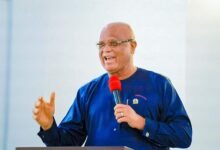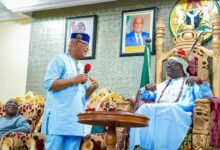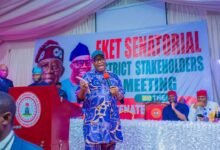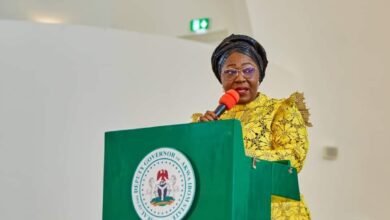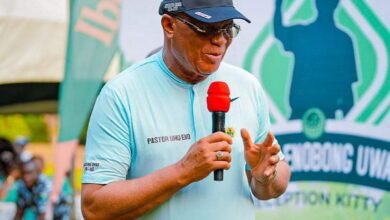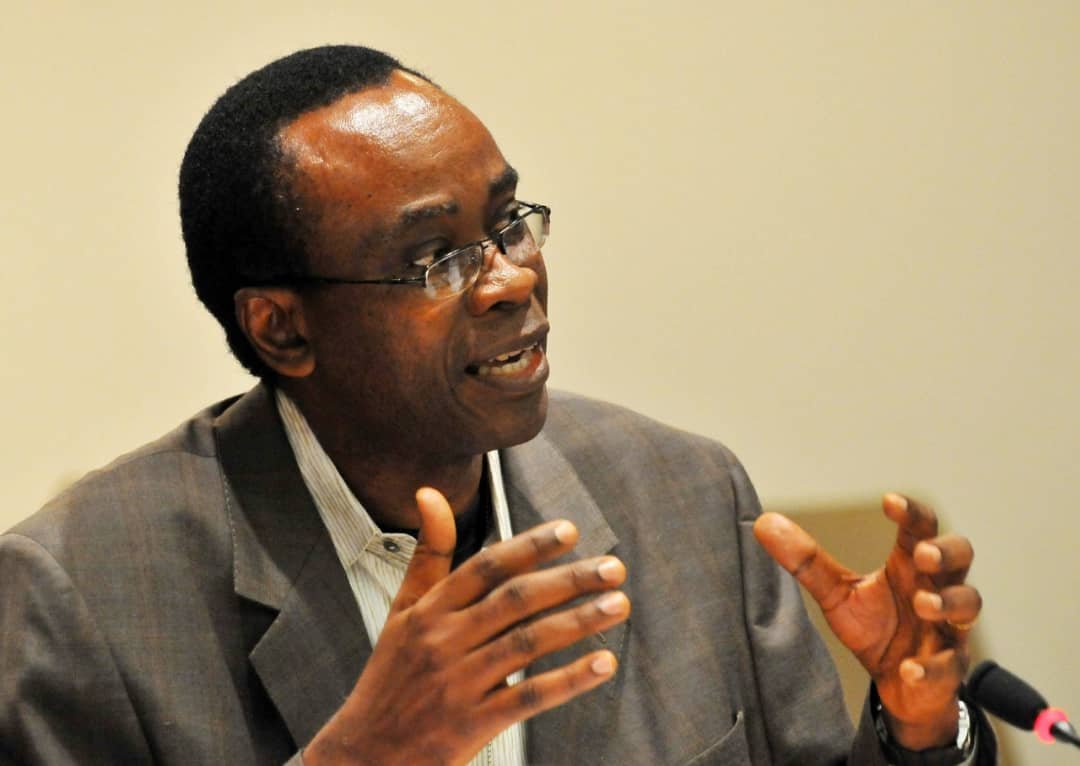
Evangelist.com.ng edition, Wednesday November 22, 2023. By Arodiegwu Eziukwu
Fishnet Alliance has urged policymakers to involve and engage artisanal fishermen in the formulation of fishery policies to preserve the traditional trade.
FishNet Alliance is a pan African network of fishers engaged in and promoting sustainable fishing practices in line with ecosystem limits.
The alliance is a pressure group that stands in solidarity in resistance to destructive extractive activities in water bodies including rivers, lakes, and oceans.
Health of Mother Earth Foundation (HOMEF), an environmental rights group and coordinator of Fishnet Alliance made the call in a statement on Wednesday by Miss Kome Odhomor, Media/Communication Lead.
It was learnt that Fishnet Alliance is making the call for inclusion across Africa as part of its advocacy to commemorate the 2023 World Fisheries Day.
“As the world marks World Fisheries Day, it should be a time for
reflection on the key issues affecting fisheries, particularly the artisanal and small-scale fisheries.

“A report published in 2021 showed how 10 countries — China, Japan, South Korea, Russia, the U.S.A., Thailand, Taiwan, Spain, Indonesia and Norway spent over $15.3 billion on harmful fishing subsidies.
“The report also showed how fishing vessels not only exploited their seas but how they fished in high seas in other countries and engaged in overcapacity, overfishing, and illegal,unreported, and unregulated fishing,” the statement read in part.
The alliance noted that another challenge faced by small-scale fishers is the issue of oil and gas pollution.
Fishnet observed that oil and gas exploration and exploitation as well as their associated infrastructure have proven to be one of the worst challenges in recent times.
It also observed that the issue of sand-filling of traditional fishing
grounds like the one being experienced by the Makoko people in Lagos State, Nigeria, ædversely affects fishing practices too.
“This year’s theme, “Build Enabling Policy Environments for Small-scale Artisanal Fisheries,” should evoke a sense of responsibility, accountability, equity, fairness, justice, and inclusivity.
“Artisanal fishers must be consulted and included in the preparation of policies for aquatic environments – they hold a lot of knowledge that can shape such policies into pro-people and pro-environment policies.
The statement quoted Dr Nnimmo Bassey, Executive Director, HOMEF as lamenting the impacts of the Ororo Well 1 fire that has been burning for over three years on artisanal fishing.
Bassey said that it is shocking that the government and oil and gas companies would allow the Ororo-1 well inferno to continue for over three years off the coast of Awoye in Ondo state.
Bassey raised pertinent questions following the continuous burning of
the Ororo Well.
“Huge amounts of hydrocarbons and climate-harming green house gases are being released into the environment. Why is the government quiet?
“Who will clean up, remediate, and restore the already destroyed environment?
“For a government that professes emphasis on the so-called blue economy, this atrocious negligence suggests that government is ready to sacrifice our environment and the communities that depend off natural resources,” Bassey said.
The renowned environment said that this year’s World Fisheries Day offers a good opportunity for the government to have a change of heart and do the needful.
Bassey also emphasised that the government must learn to work with
coastal communities for better environmental management.
The statement also quoted Mr Stephen Oduware, HOME’s Project Officer in charge of FishNet Alliance, noted that communities like Kono in Ogoni land need attention.
Oduware noted that Kono community who used local and cultural means to preserve a mangrove area, need to be recognized, promoted, and supported.
He said that policy makers must bring artisanal fishers to the policy table to make contributions that will further strengthen maritime policies.
The Fishnet Alliance observed that Nigeria has a coastline of about 853km with Lagos, Ondo, Delta, Bayelsa, Rivers, Akwa Ibom, and Cross River as littoral states which harbour traditional fishermen.
According to the group, 28 out of the 36 states in Nigeria are navigable by the connecting inland waters that stretches about 10,000 km encircling whole communities
“Coastal areas in Nigeria face various challenges, such as coastal
erosion, flooding, over exploitation of fish and other aquatic resources.
“They also face marine and coastal pollution, mangrove depletion, and nipa palm invasion.
“Across Africa, 27 percent of the population living within 5 km from the coast depend on artisanal fishing for job opportunities.
“In Nigeria, over 80 per cent of domestic fish production by artisanal fishers. A sector as important as this, which meets the animal protein needs of millions of Africans, deserves to be
recognized and supported,” the group stated.


